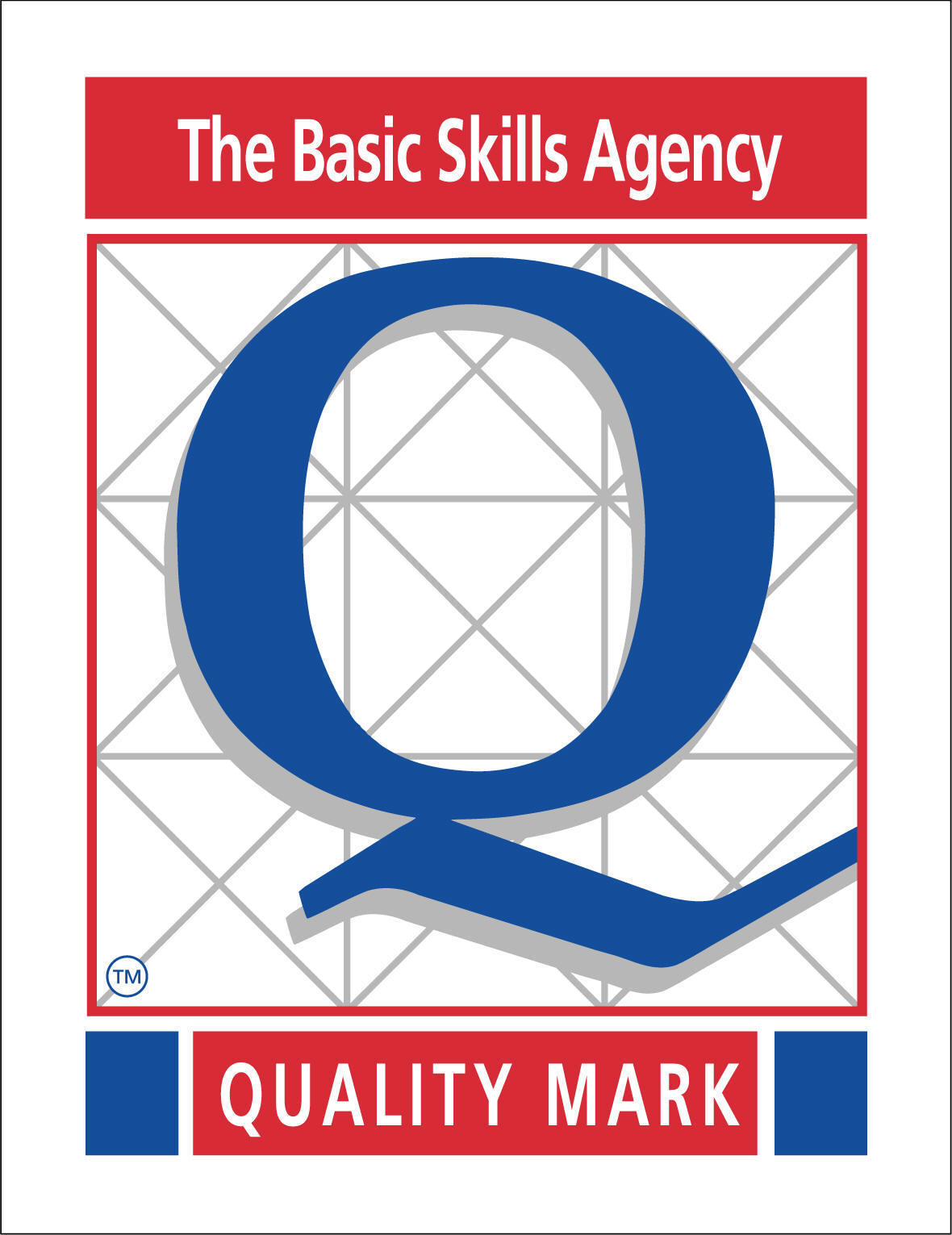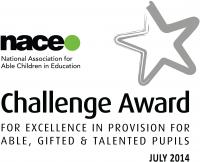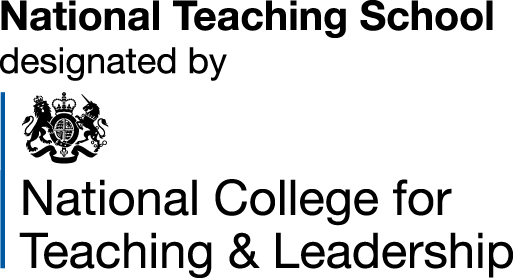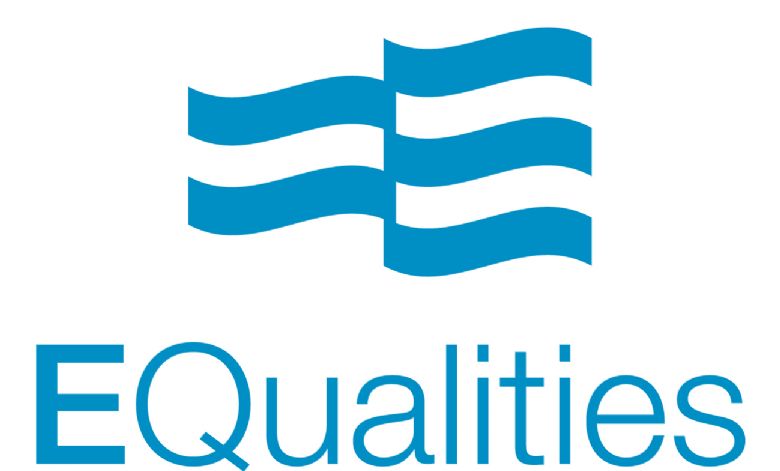Subject Intent and Implementation
English Language
Curriculum Intent
Our English curriculum…
- is informed by a secure understanding of students’ prior knowledge
- effectively prepares students for the next life stage
- offers a mixture of reading, writing and speaking & listening opportunities
- makes meaningful links to potential career pathways
- offers an exploration of character, setting and theme across Foundation Stage and Yr9 in order to establish a secure base for GCSE study
- ensures that students have an understanding of key literary time periods and movements
- is designed to include a wide variety of texts: prose/poetry/drama; old/new; male/female; white British/BAME/other cultures
- is built around high quality texts which are also enjoyable to read and study
- has challenge for all (regardless of prior attainment) at its heart
- aims to develop confident readers who are able to read, understand, interpret and interrogate information presented to them in a variety of forms and settings
- aims to develop articulate individuals who are able to write skilfully, critically and evaluatively
- promotes creativity, stamina and resilience
- enables teachers to exploit all opportunities to develop students’ cultural capital beyond their existing realm of experience
Curriculum Implementation
Clear expectations are in place regarding the presentation of books as a key educational resource
- All opportunities for developing vocabulary are exploited, unpicking semantics, usage, etymology and origins as required
- Shared reading is lively, exploratory and purposeful
- Students receive regular practice of extended writing appropriate to their age range
- Homework will be used to consolidate and extend knowledge and skills, as well as to promote independent reading
- Teachers will ensure that students understand the place of each learning episode within their English learning journey
- Academic writing is carefully developed to suit the requirements of each task rather than through the slavish use of acronyms such as PEE/PETAL
- Academic language is used by teachers and fostered amongst students in discussion and debate.
- Homework drives deep-learning: Revision, Re-call, Research and Reading.
- Modelling is at the heart of all learning in English whether it be a demonstration of how to annotate a poem or how one might write a top band A Level essay introduction.
- Inclusive – everybody will be expected to participate.
- Targeted – adapted and personalised based upon the needs of individuals.
- Open and closed-ended, as appropriate to the purpose.
- Questioning will facilitate deep-thinking where possible, stimulating high-order thinking.
- Priority questioning of disadvantaged students.







